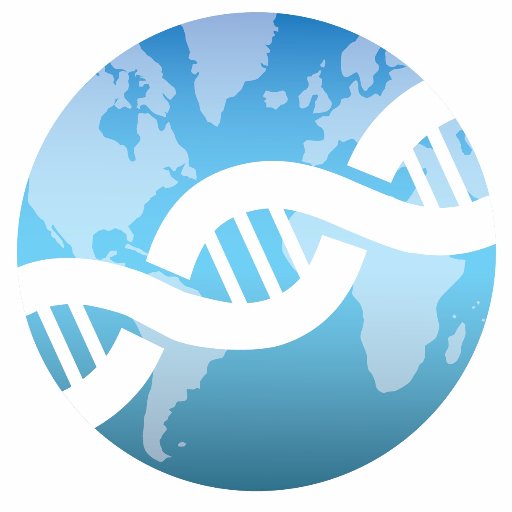
@PGCgenetics
With 800+ intl scientists & 900,000 participants, the Psychiatric Genomics Consortium is the largest biological investigation in the history of psychiatry.

@PGCgenetics
With 800+ intl scientists & 900,000 participants, the Psychiatric Genomics Consortium is the largest biological investigation in the history of psychiatry.